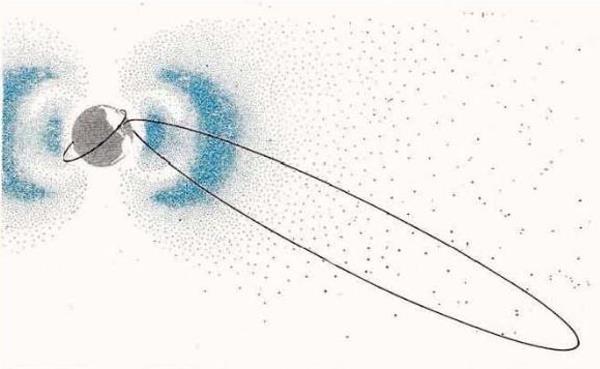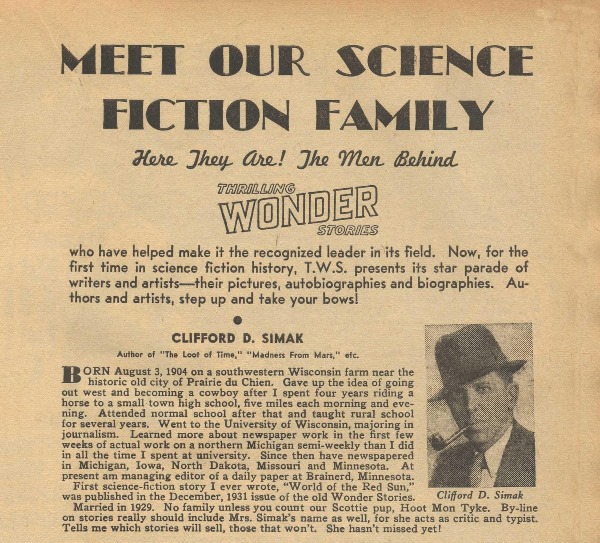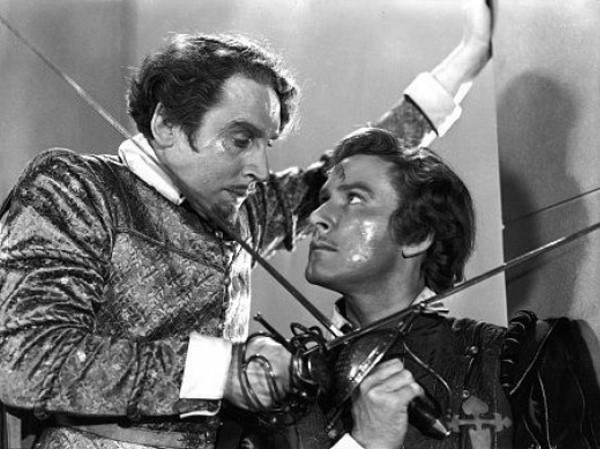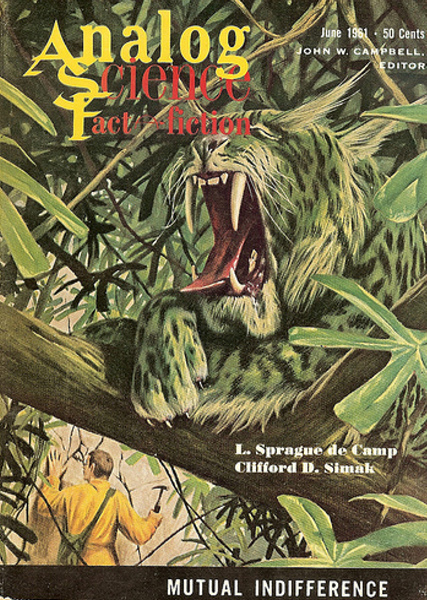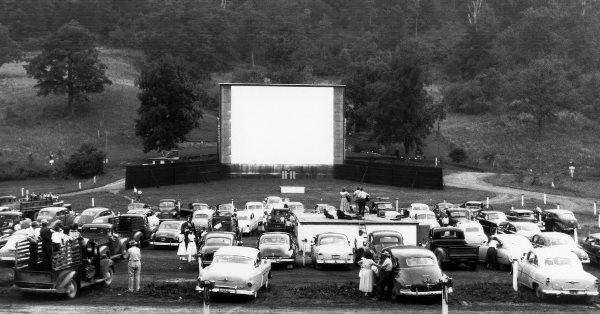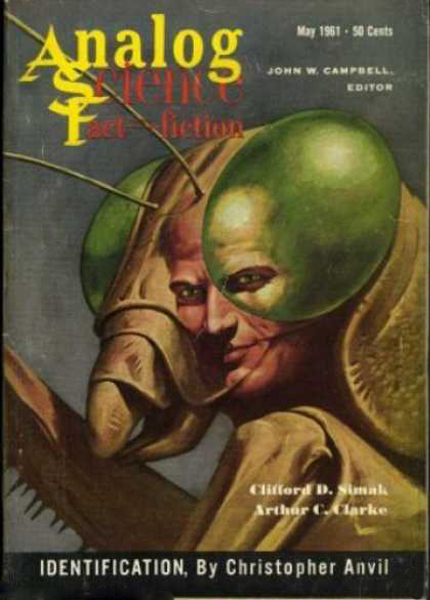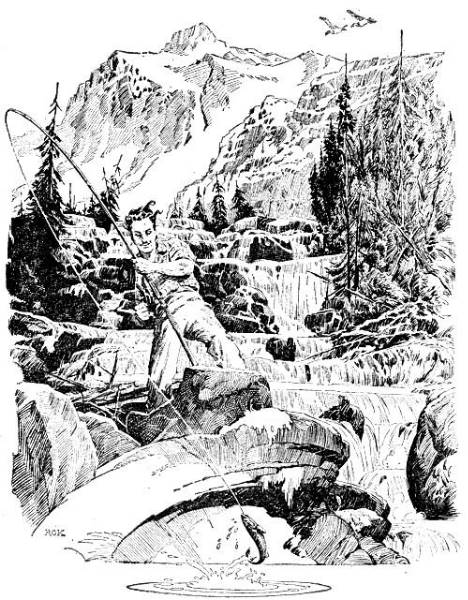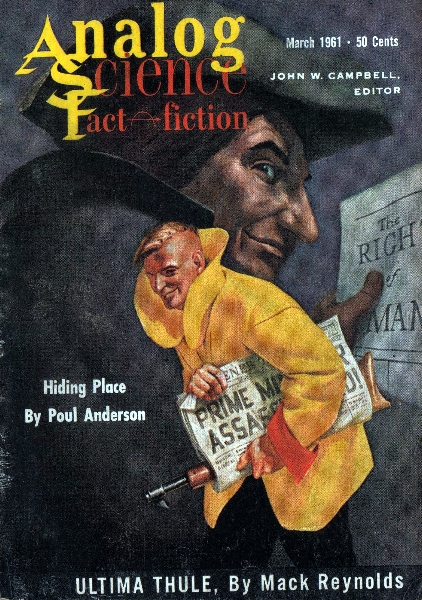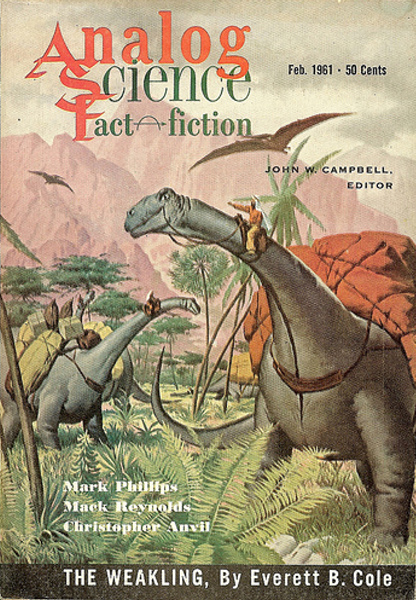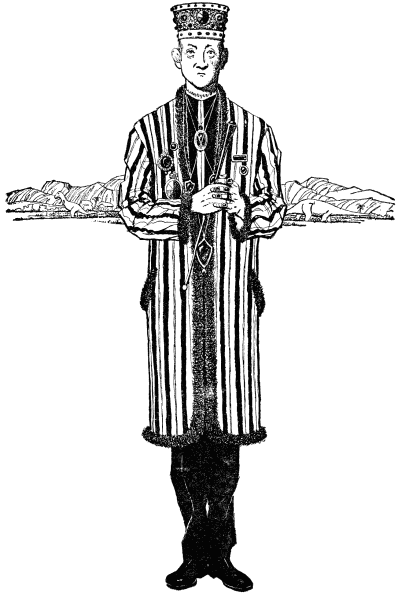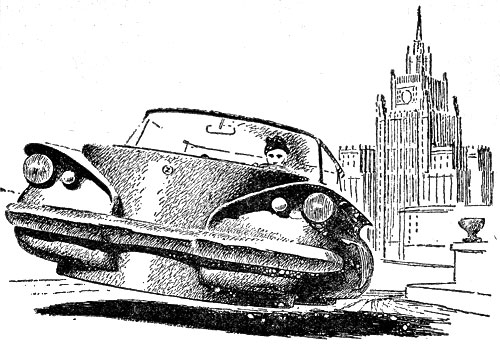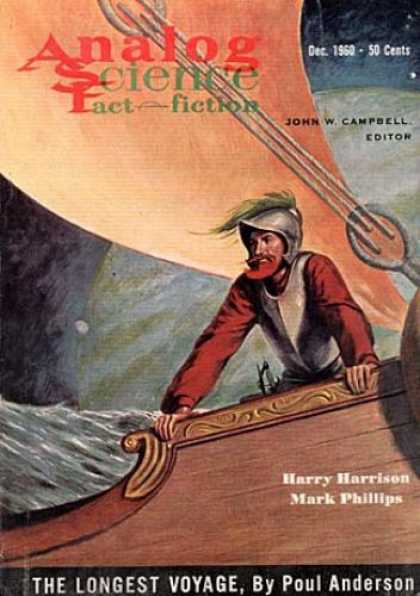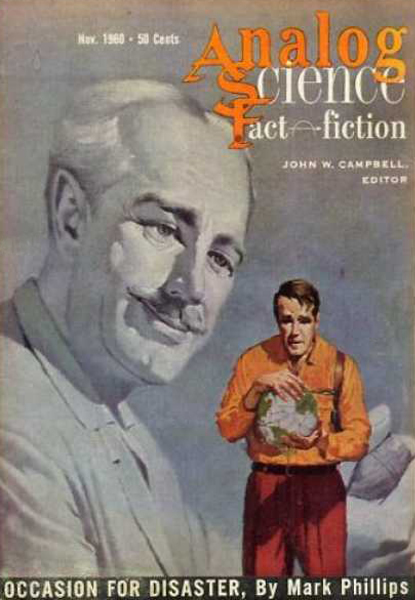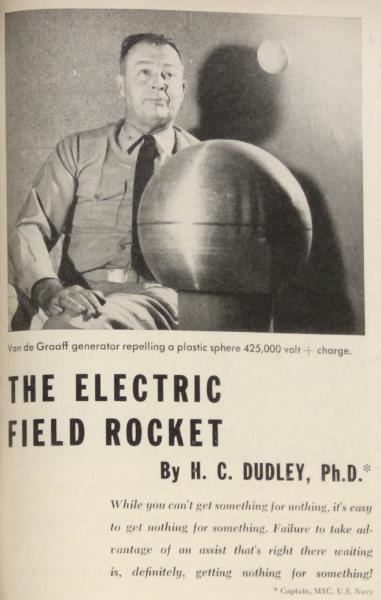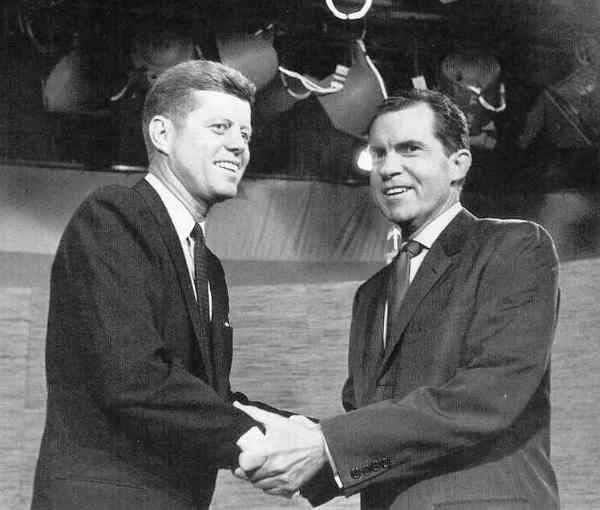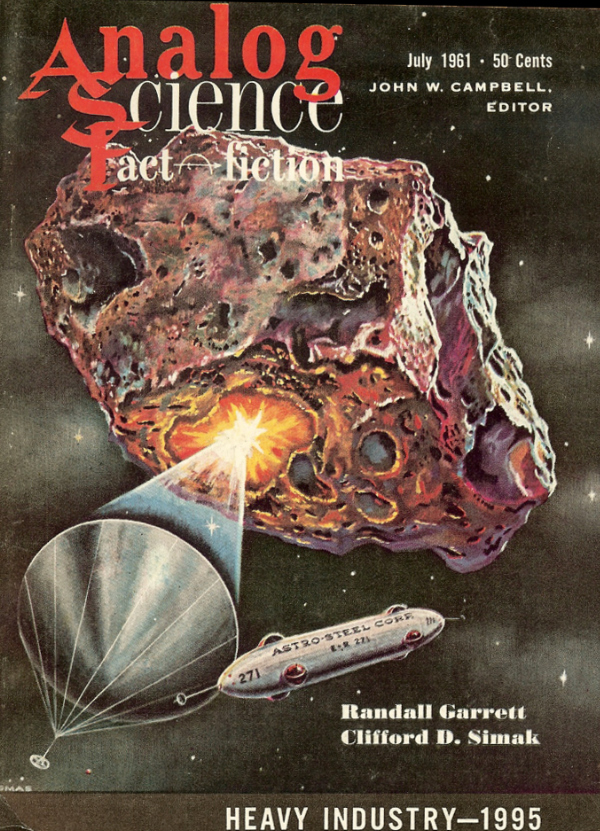
Thomas
I'm going to stun you all today.
There are plenty of writers in this genre we call science fiction (or sometimes "scientificition" or "s-f"). I've encountered over 130 of them in just the few years that this column has been extant. Some are routinely excellent; many are excellently routine. A few have gotten special attention for being lousy.
One such writer is Randall Garrett.
This is the fellow whose smug disdain of women and utter conformity to John Campbell's peculiar editorial whims made his works some of the worst I had the displeasure to review. Sure, the stuff he wrote with other authors (Bob Silverberg and Laurence Janifer, for instance) was readable, but when he went solo, it was a virtual guarantee of disaster. It is thus with no undue trepidation that I dug into this month's Analog which features Garrett's pen in the first two tales.
Folks, I'm as amazed as you are. They were actually pretty good.
For instance, A Spaceship named McGuire, about an investigator who travels to Ceres to find out why a brainy spaceship consistently goes insane, has a solid hook, a good female character, vivid settings, and a crunchy adherence to science. My main beef with McGuire is that it's a mystery, but rather than giving us clues, Garrett just tells the gimmick at the end. It feels rushed and arbitrary. It'd probably make a good novel, though. Three stars.
Tinker's Dam is by Joseph Tinker, a name so clearly pseudonymous that it must belong to a fellow with another piece in this issue. Based on the style, I'll eat my hat if it's not also a Garrett story. Anyway, it's about telepaths in the near future and the national security risk they pose. Not only is it a pretty interesting piece, but it stars a fellow of Romany extraction (unfortunately nicknamed "Gyp," but he seems fine with it). It's an ethnicity one doesn't often see in stories, and it lends color to Dam without being the point. Three stars.
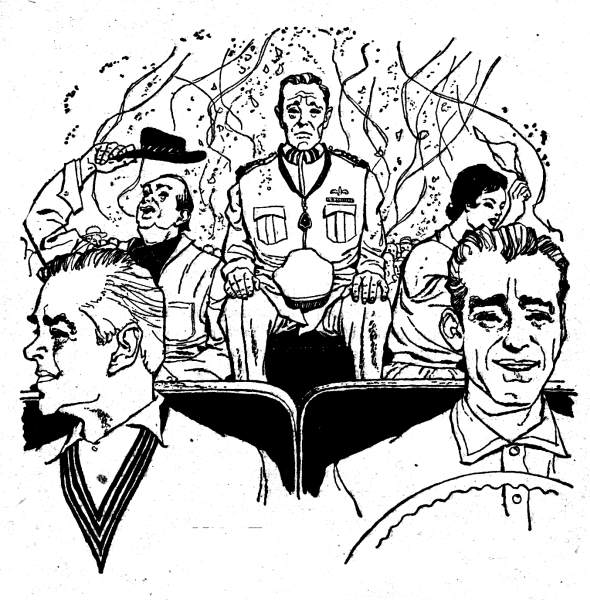
Van Dongen
Herbert D. Kastle wrote an admirable first piece in Galaxy last month; his submission for the July Analog, The First One , suggests that Breakdown wasn't a fluke. First tells of a man's somber homecoming. He is both famous and yet changed: strangely repellent, alone even in the presence of friends and family. The reveal is fairly well telegraphed and not particularly momentous, but I assume there is a deliberate metaphor here for the experience of returning battle fatigued soldiers. It's about two pages too long though it is never bad. Three stars.
On the other hand, Chris Anvil's The Hunch, about a Galactic Scout sent out in a ship full of untested equipment, is just silly. Some might find the hero's tribulations as he thumbs through endless manuals to be comical. I found it stupid. Two stars.
The rest of the issue is take up with Harry B. Porter's incredibly dull article on high-temperature rocket materials (Hell's own problem; one star) and the exciting conclusion to Simak's The Fisherman (four stars).
Summed up, the book gets an uninspiring 2.7 stars. On the other hand, there is a lot of readable stuff in here, and at this point, I should be used to Campbell's inability to get a decent science writer. Moreover, if Randy Garrett has finally learned to write, that bodes well for issues to come given his perennial relationship with Analog.
A cup half-full, I'd say!
ADDENDUM:
A fan in the know tells me my guess was wrong, and Tinker's Dam was actually by John Berryman. That makes sense — he is also an Analog regular, and he writes readable stories about things psychic. Thanks to Tom Smith for pointing that out!

